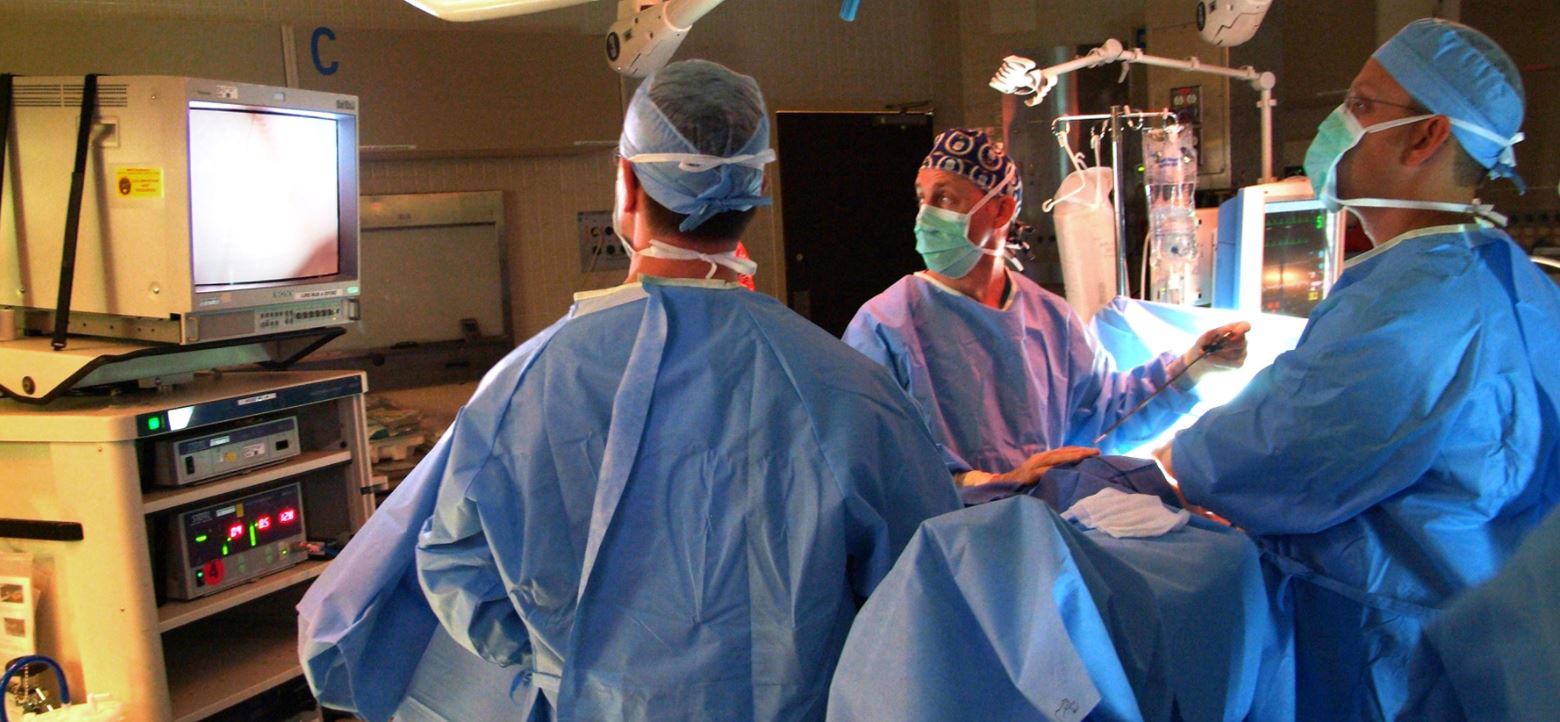Obese, middle-age men and women who had bariatric surgery have half the death rate of those who had traditional medical treatment over a 10-year period, reports a study that answers questions about the long-term risk of the surgery.
The study was by Northwestern University Feinberg School of Medicine and the Clalit Research Institute in Israel, which has one of the highest rates of bariatric surgery in the world. It was published in JAMA.
“We showed that a long-term effect of bariatric surgery is a longer life for obese patients,” says study co-author Dr. Philip Greenland, professor of preventive medicine at Northwestern University Feinberg School of Medicine. “They had half the death rate, which is significant.”
The rate of death in individuals who did not have surgery was 2.3 percent compared to 1.3 percent in those who had surgery. The study compared 8,385 people who had the surgery (65 percent women and 35 percent men) to 25,155 who did not. In the U.S, the majority of people who have bariatric surgery are women.
The average age of a person in the study was 46 years old with a Body Mass Index (BMI) of 40, the equivalent of being 5 feet 7 inches tall and weighing 265 pounds. BMI is a measure of body fat based on weight in relation to height.
Previous studies looking at this question were indefinite because follow-up data was limited due to high costs and patients dropping out.
In addition, most people in Israel remain with the same HMO throughout their life, allowing researchers to track the same individuals for long periods of time.
The new results illuminate the real-world experience of patients having bariatric surgery. This study, based on electronic health records from an HMO in Israel, looked at detailed data on 33,540 obese individuals for up to a decade.
“Bariatric surgery is an increasingly frequent treatment for severe obesity,” says study co-author Laura Rasmussen-Torvik, an assistant professor of preventive medicine at Feinberg. “It’s highly effective in promoting weight loss but also invasive and can lead to short- and long-term complications. In order for patients and doctors to make the best-informed decisions about what weight loss strategies to pursue, they need to understand the true costs and benefits of the procedures.”
In 2011, 158,000 bariatric surgeries were performed in the U.S. and in 2016, 216,000 were performed, a 37 percent increase.
While the short-term benefits of weight loss surgery — such as weight loss and better control of diabetes and blood pressure — are well known, there is concern about complications from the surgery. Among the concerns are malabsorption of nutrients including vitamin deficiency, anemia and protein deficiency. But there was not a higher rate of anemia, vitamin or protein deficiency among those who had surgery in this study.
The study looked at three types of bariatric surgery compared to the usual care by a primary care physician, which may include dietary counseling and behavior modification. The surgery types included roux-en-Y gastric bypass (creating a pouch at the top of the stomach that limits the amount a person can comfortably eat and bypassing the first part of the small intestine), laparoscopic adjustable gastric banding (restricting the amount of food the stomach can hold with an adjustable band) and sleeve gastrectomy (reducing the size of the stomach).
“Surgery sounds like a radical approach to managing obesity, and a lot of people reject it because it seems like a risky thing to do, but it’s actually less risky to have the surgery,” Greenland says.





